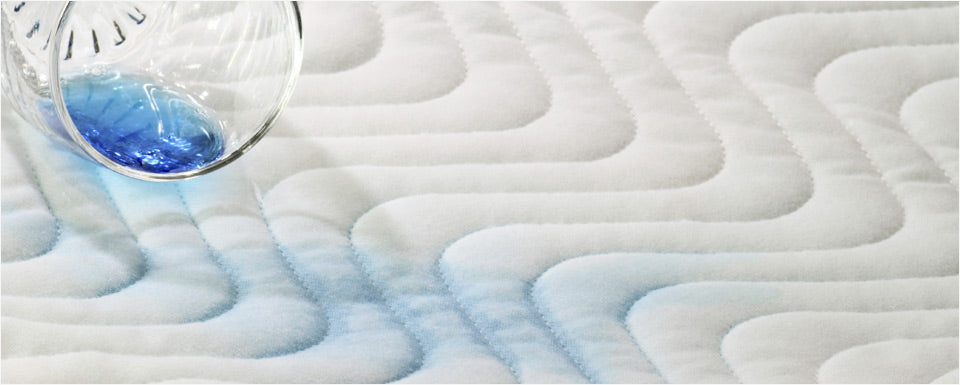
What is Incontinence?
What is incontinence?
Incontinence is a widespread condition that ranges in severity from 'just a small leak' to complete loss of bladder or bowel control. In fact, over 4.8 million Australians have bladder or bowel control problems for a variety of reasons. Incontinence can be treated and managed. In many cases it can also be cured.
Think you might have a problem?
If you experience bladder or bowel problems, but are not sure if you should seek help, try the questionnaire below.
Bladder and bowel questionnaire
- Do you have to rush to use the toilet?
- Do you sometimes feel you have not completely emptied your bladder?
- Do you strain to empty to bowel?
- Do you wake up twice or more during the night to go to the toilet?
- Do you sometimes leak before you get to the toilet?
- Do you sometimes leak when you change from a seated or lying position to a standing position?
- Do you sometimes leak when you lift something heavy, sneeze, cough or laugh?
- Are you frequently nervous because you think you might lose control of your bladder or bowel?
- Do you plan your daily routine around where the nearest toilet is?
If you answered 'yes' to any of these questions you may have a bladder or bowel control problem.
Seek help
The first step is to talk to your doctor or contact the National Continence Helpline on 1800 33 00 66. The National Continence Helpline is staffed by a team of continence nurse advisors who offer free information, advice and support and can provide you with a wide range of information resources and referrals to local services.
Urinary incontinence
Urinary incontinence (or poor bladder control) is a common condition, that is commonly associated with pregnancy, childbirth, menopause or a range of chronic conditions such as asthma, diabetes or arthritis.
Poor bladder control can range from the occasional leak when you laugh, cough or exercise to the complete inability to control your bladder, which may cause you to completely wet yourself. Other symptoms you may experience include the constant need to urgently or frequently visit the toilet, associated with 'accidents'.
There are different types of incontinence with a number of possible causes. The following are the most common:
- stress incontinence
- urge incontinence
- incontinence associated with chronic retention, and
- functional incontinence.
Urinary incontinence can be caused by many things, but can be treated, better managed and in many cases cured. For this reason, it is important to talk to your doctor or a continence advisor about your symptoms, in order to get on top of them.
Faecal incontinence
People with poor bowel control or faecal incontinence have difficulty controlling their bowels. This may mean you pass faeces or stools at the wrong time or in the wrong place. You may also find you pass wind when you don't mean to or experience staining of your underwear.
About one in 20 people experience poor bowel control. It is more common as you get older, but a lot of young people also have poor bowel control. Many people with poor bowel control also have poor bladder control (wetting themselves).
Faecal incontinence can have a number of possible causes. The following are the most common:
- weak back passage muscles due to having babies, getting older, some types of surgery or radiation therapy
- constipation, or
- severe diarrhoea.
Other related health conditions
What is irritable bowel syndrome (IBS)?
Irritable bowel syndrome (IBS) causes abdominal pain, bloating and alternating constipation and diarrhoea. The cause is unknown, but factors such as emotional stress, infection and some foods can aggravate the condition. Treatment options include dietary modifications and stress management.
To find our more about IBS please visit the Irritable Bowel Information and Support Association website.
What is inflammatory bowel disease (IBD)?
Inflammatory bowel disease (IBD) is a medical term that describes a group of conditions in which the intestines become inflamed (red and swollen). Two major types of IBD are Crohn's disease and ulcerative colitis. Ulcerative colitis affects the large intestine (colon) whereas Crohn's disease can occur in any part of the intestines.

